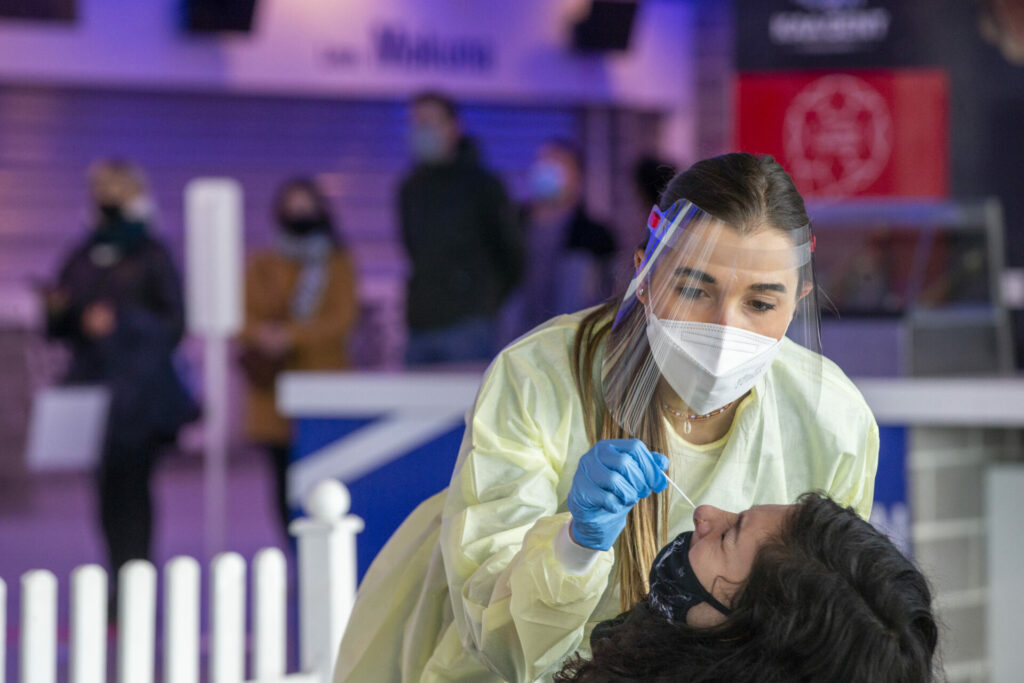After a long period of decreasing cases and next to no restrictions in place, Covid-19 infection cases are going up again. Here is a refresher of what the procedure is when you test positive in Belgium.
People who test positive after a self-test should immediately go into isolation, as it means that they "very likely" have Covid. However, the positive result must also be confirmed by a PCR test. To get tested, people should not contact their doctor but request a code for a PCR test online or via the contact centre on 02 214 19 19.
People who test positive for Covid-19 after a PCR test are required to isolate for at least seven days – whether they have symptoms or not. After that, precautions, such as wearing a face mask indoors (preferably an FFP2 one) and limiting social contacts, should still be taken.
After seven days, leaving the house is allowed again, but only if your fever has been gone for at least three days and your symptoms have improved.
Related News
- Covid-19 infections continue to rise, nearing 7,700 per day
- EMA officially recommends second booster doses for over-60s
- Why Covid 'twin variants' BA.4 and BA.5 spread so fast
"Studies have shown that Omicron infections are sometimes contagious up to ten days after diagnosis," the Sciensano National Health Institute states on its website. "This means that activities in which wearing a mask is not possible (such as eating) are not advised."
Generally, getting tested again before your isolation period ends is not recommended, as PCR tests can remain positive for a while after infection. "However, a self-test can be carried out after day 7. If it is positive, this is a sign that you are more than likely still infectious."
People who do not follow the quarantine or isolation rules, risk being penalised or fined.

